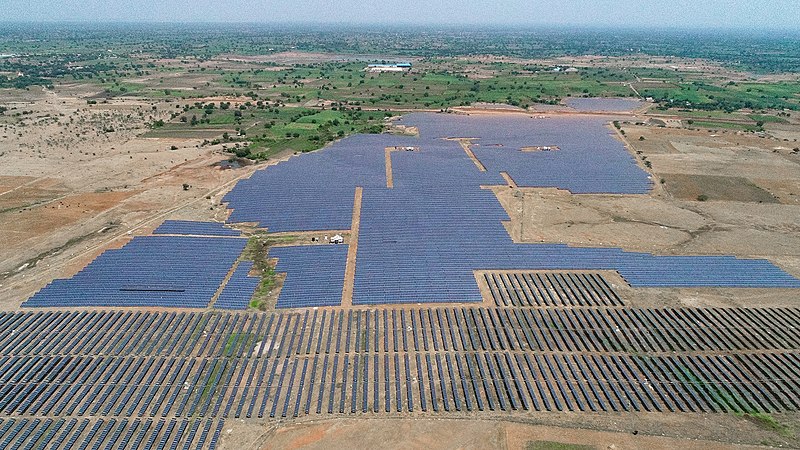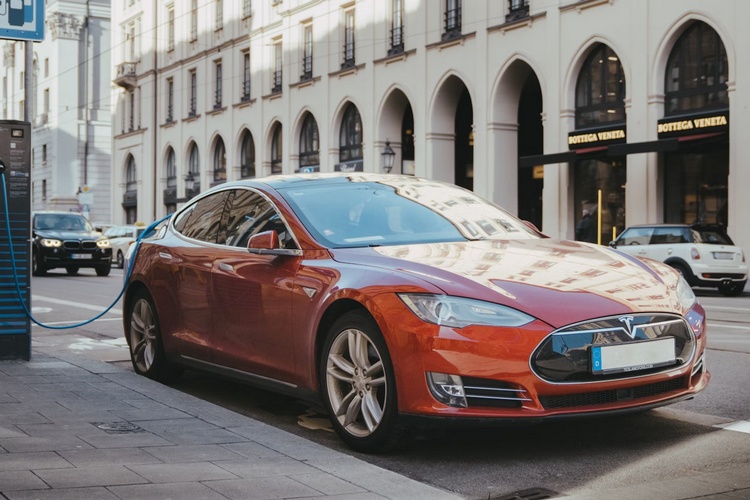April 14 NEC Energy News
¶ “India Added A Record 18 GW Renewable Energy Capacity In FY24” • India added a record renewable capacity of 18.48 GW in 2023-24, up 21% from 15.27 GW the tear before, Ministry of New & Renewable Energy data shows. India’s installed renewable capacity came to 143.64 GW, as of March 31, 2024. That does not count 47 GW of large hydropower. [TheBengaluruLive]

¶ “IAEA Chief Welcomes Cold Shutdown Of All Zaporizhzhia Nuclear Plant Reactor Units” • The safety of the Zaporizhzhia nuclear power station in Ukraine remains fragile, but the change to a cold shutdown of all six reactor units, accomplished on Saturday, is a good development, according to the UN nuclear watchdog director. [Firstpost]
¶ “Nickel-Mining Plants To Juice EV Battery Supply Chain” • The EV battery supply chain has its pitfalls. The environmental cost of nickel mining is one of them. A solution to that may have emerged in the form of a new US phytomining startup called Metalplant. Phytomining is the practice of growing plants for their metal content. [CleanTechnica]
¶ “Good News About Electric Cars: They’re Driving Down Electricity Rates” • In a study commissioned by the Natural Resources Defense Council, an analysis by Synapse found that between 2011 and 2021, electric car drivers contributed $3.12 billion more than their associated costs, which drove down monthly rates for “all customers.” [CleanTechnica]

¶ “Car Exhaust And Alzheimer’s” • Researchers in Australia and Singapore found a link between car exhaust and Alzheimer’s. This opens up a whole new argument in favour of the uptake of EVs and the removal of fossil fuels. Somehow, people ignore such issues and still claim that energy from fossil fuels outweighs the risks of a transition to electricity. [CleanTechnica]
¶ “Untapped Rooftop Solar: Australian Homes Could Save $9.3 Billion A Year, UNSW Study Finds” • Australian households could save $9.3 billion on energy bills each year by investing in home solar systems, a report found. The Solar Citizens study found the investment would pay for itself in just over five years, and then save A$1390 per year. [One Step Off The Grid]
For more news, please visit geoharvey – Daily News about Energy and Climate Change.
